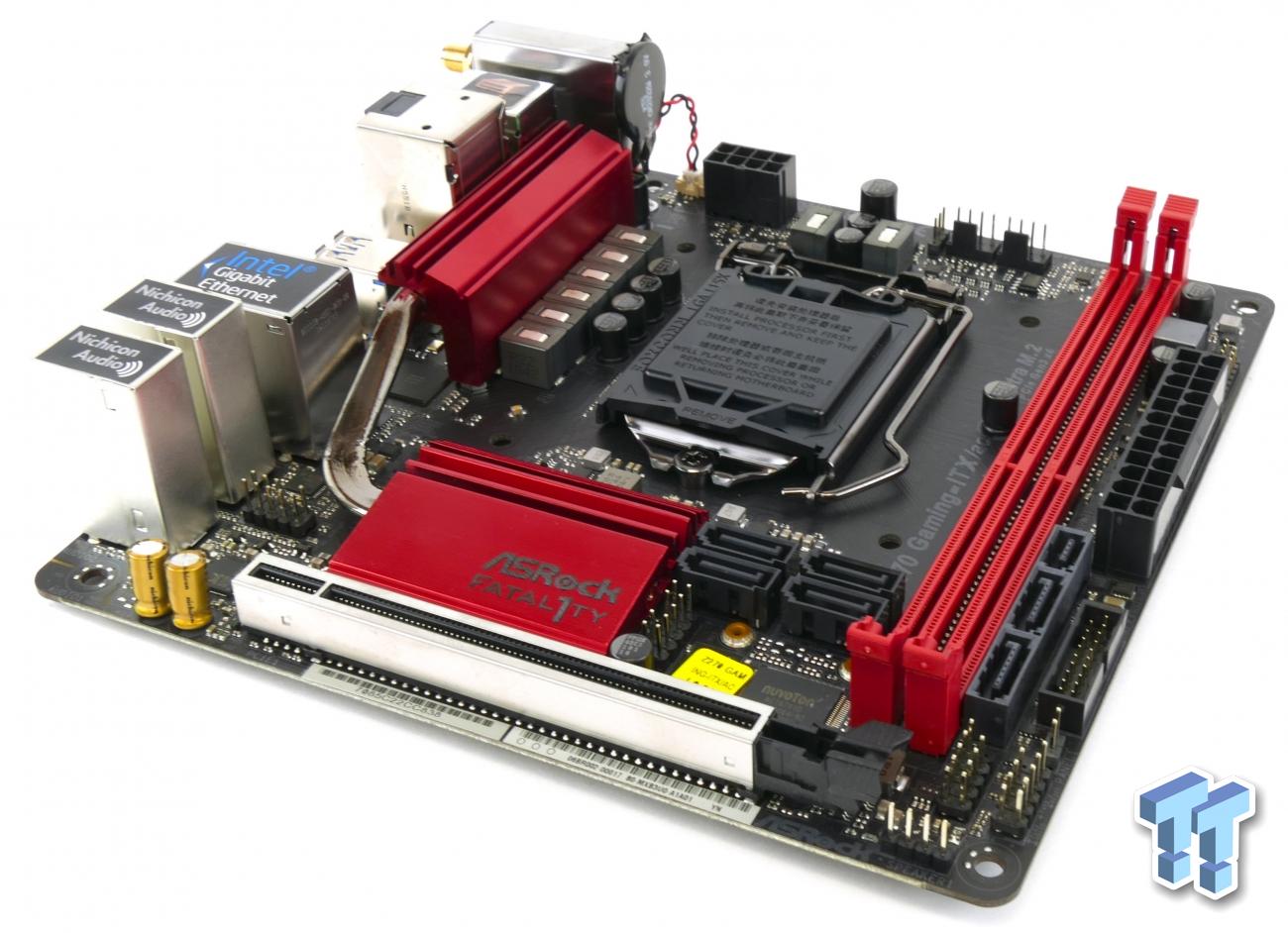
If you use the extension ports on the front of the case (i.e.
REALTEK ALC1220 DRIVER ASROCK Z270 INSTALL
Created a /postinstall folder on the Install macOS High Sierra volume of the USB drive and copied EFI Mounter (download from.In Unibeast, don't select any graphics optionsĪfter UniBeast completes, but before you safely eject the USB drive:.First call out is that you need to format the USB Stick as GUID Partition Map since we're going to be booting in UEFI Boot Mode (see the troubleshooting notes).Advanced > USB Configuration > XHCI Hand-off: Set to Enabled.Advanced > Chipset Configuration > VT-d: Set to Disabled.To access UEFI Setup, press and hold Delete on a USB Keyboard while the system is booting up.I used the the following as my starting point. This build was a bit more problematic than the first attempt, due to some issues with High Sierra 10.13.4 - but all were resolved (see below).

REALTEK ALC1220 DRIVER ASROCK Z270 PRO
I have a Mid-2012 Mac Pro workstation (fully loaded at the time), but it was getting a bit old and slow, so thought I'd give this as go. This was a rebuild of the same hardware from my first Hackintosh build. TP-Link Archer T9E AC1900 Wireless Dual Band PCI Express Adapter Samsung 960 EVO M.2 250GB NVMe PCI-Express 3.0 x4 Internal SSD Hydro Series H60 (CW-9060007-WW) CPU Cooler Note: Later replaced with a Sapphire Radeon Pulse RX 580 8GB GDDR5 - see end of this post.Ĭurcial Ballistix Sport LT 32GB (2 x 16GB) 288-Pin DDR4 SDRAM DDR4 2400 Gigabyte GeForce GTX 1060 DirectX 12 GV-N1060G1 GAMING-6GD Graphics Card Intel Core i7-7700K Kaby Lake Quad-Core 4.2 GHz LGA 1151 Building a CustoMac Hackintosh: Buyer's GuideĪSRock Z270 TAICHI - i7-7700k - GeForce GTX 1060ĪSRock Z270 TAICHI LGA 1151 Motherboard with USB-C, Ethernet and onboard Wifi/Bluetooth


 0 kommentar(er)
0 kommentar(er)
